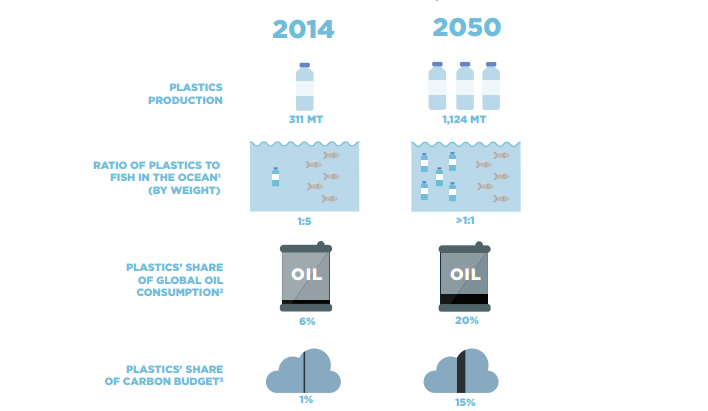credits: © iStock.com
"A healthy ocean requires robust global knowledge of ocean science. We cannot manage what we cannot measure, and no single country is able to measure the myriad changes taking place in the ocean."
Irina Bokova, Director-general UNESCO
Hoje é Dia Mundial dos Oceanos. Depois de celebrarmos o Dia Internacional da Biodiversidade, Dia Mundial do Meio Ambiente, eis-nos de novo a chamar a atenção para o Dia Mundial dos Oceanos.
Tema: "Nossos Oceanos, Nosso Futuro"
O tema do Dia Mundial dos Oceanos 2017 é "Nossos Oceanos, Nosso Futuro" de modo a acabar com poluição provocada pelos plásticos.
Um oceano saudável é um planeta saudável, e um planeta saudável é absolutamente vital para o bem estar das futuras gerações.
Os oceanos ocupam dois terços da superfície da Terra e pela interacção com a atmosfera, litosfera e biosfera têm um papel importante nas condições climatéricas do planeta.
créditos: IPMA
Por outro lado, os oceanos não são apenas o habitat de um vasto número de plantas e animais. Fornecem também comida, energia e múltiplos recursos aos seres humanos.
Mais de três biliões de pessoas dependem da biodiversidade marinha e costeira para subsistir.
Plásticos nos oceanos
créditos: Ay Directo/AFP/Getty Images
via O Observador
Um relatório divulgado pelo Fórum Económico Mundial refere que, se o nível de utilização dos plásticos, a nível mundial se mantiver, em 2050 os oceanos vão ter mais plástico do que peixe, em peso.
via @wef
Se assim se continuar, em 2050, haverá mais plásticos do que peixes. As estimativas foram realizadas, partindo do princípio de que os stocks de peixe se manterão equivalentes durante o mesmo período.
Quando mudará o mundo, ou melhor as pessoas, de modo a proteger-mos os oceanos?
credits: UN Photo/Alex Lindbloom (USA)
Winner 1st Prize contest 2016
Today, we celebrate World Oceans Day. May 22 we celebrated the International Day for Biological Diversity (IDB) to increase understanding and awareness of biodiversity issues. And June 5, World Environment Day.
"The oceans cover about two-thirds of the surface of the Earth and are the very foundations of life. They generate most of the oxygen we breathe, absorb a large share of carbon dioxide emissions, provide food and nutrients and regulate climate. They are important economically for countries that rely on tourism, fishing and other marine resources for income and serve as the backbone of international trade."
This year’s theme for the Day is “Our oceans, our future” and is connected to the Ocean Conference taking place from 5 to 9 June at United Nations headquarters in New York.
Portugal is an Ocean country. The Sea is a mean of communication and transportation, a source of food and medicines, of energy and living resources. The Ocean creates employment and promotes the economy of the country.
The ocean is the heart of our planet. The world has one ocean and its health is critical.
Despite its crucial role in contributing to poverty eradication, global food security, human health, economic development and curbing climate change, our ocean is increasingly threatened, degraded or destroyed by human activities, reducing their ability to provide crucial support to our ecosystem.
credits: infographic World Oceans Day
Today nearly everyone, everywhere, every day comes into contact with plastics. Plastics have become the ubiquitous workhorse material of the modern economy. And yet, while delivering many benefits, the current plastics economy has drawbacks that are becoming more apparent by the day.
Significant economic value is lost after each use, and given the projected growth in consumption, by 2050 oceans are expected to contain more plastics than fish (by weight), and the entire plastics industry will consume 20% of total oil production and 15% of the annual carbon budget.
How can we turn the challenges of our current plastics economy into a global opportunity for innovation and value capture, resulting in stronger economies and better environmental outcomes?
Let's Wave For Change!
How will you celebrate World Oceans Day? Share your stories, pictures, videos – anything goes to show your engagement.
Tag your Facebook and Twitter posts #WorldOceansDay and get in on the worldwide engagement and celebations.
This is your portal to tune into all that is happening worldwide around World Oceans Day. Search for news, resources and more here
Geração 'green'
08.06.2017








